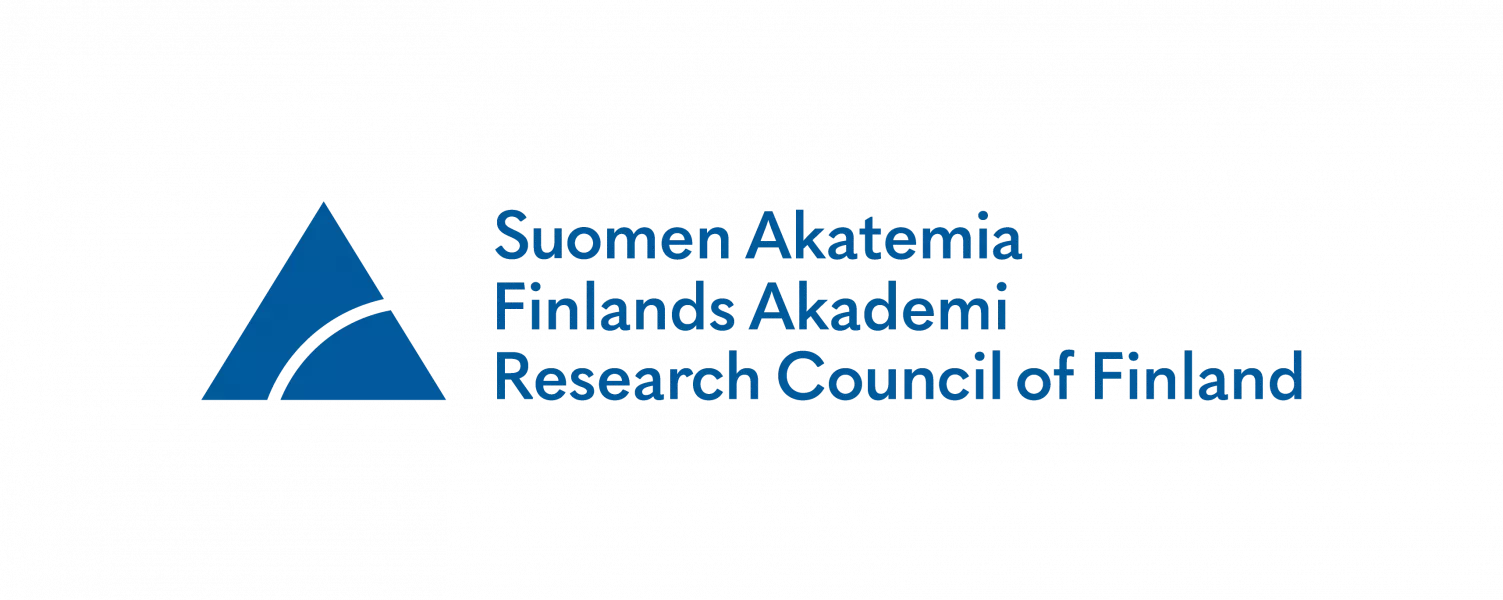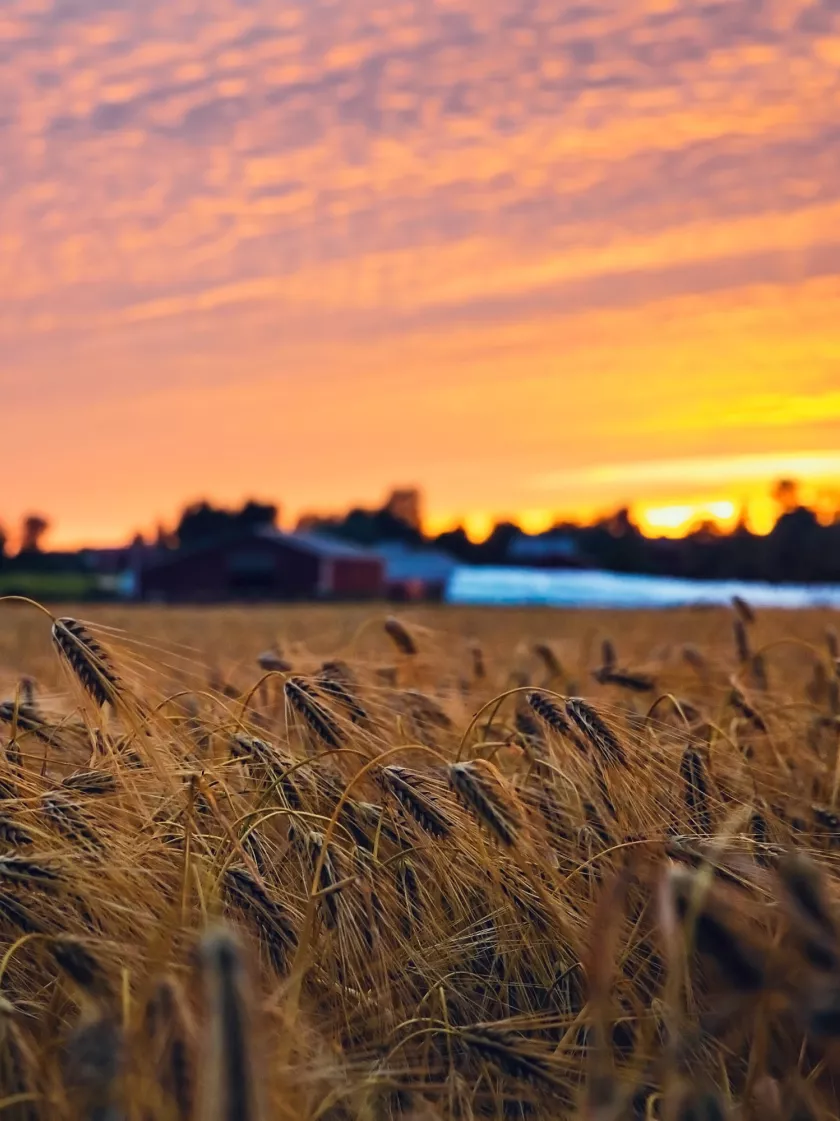
About the project
Global warming and ocean acidification are considered main threats to our marine environment. Warming is shown to reduce the quality of food used by grazers (herbivores) in the ecosystem, by decreasing essential fatty acids needed for plankton growth, survival and reproduction. In the current project, we investigate the pelagic plankton community and measure how their lipids change due to rising temperature and carbonate addition. We are sampling zooplankton along a gradient in the eastern Pacific Ocean. Furthermore, we will investigate energy content, gene expression and cell damage of key species during long-term exposure in an underwater CO2 venting source in Greece. We will also perform experiments with natural plankton exposed to higher temperature and carbonate addition. Carbonate in the aquatic environment improves the carbon sink and reduces eutrophication. This project will significantly increase our understanding of the effects of climate change on marine fauna in the field.Project goal
The focus in this pioneering project is to determine1. the contribution of plasticity and adaptation to performance differences between populations of key Acartia species from sites with naturally divergent CO2 conditions,
2. eco-physiological proxies (fatty acids, energy content/metabolism and cellular damage biomarkers) allowing us to quantify warming and acidification impacts, and
3. impacts of carbonate addition to a shallow brackish water system on the plankton community, quantified using eco-physiological and ecological proxies.
Jonna Engström-Öst
Special Researcher
